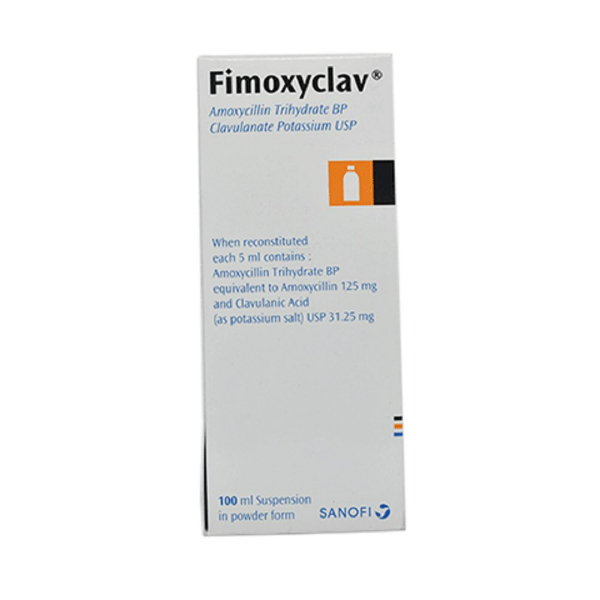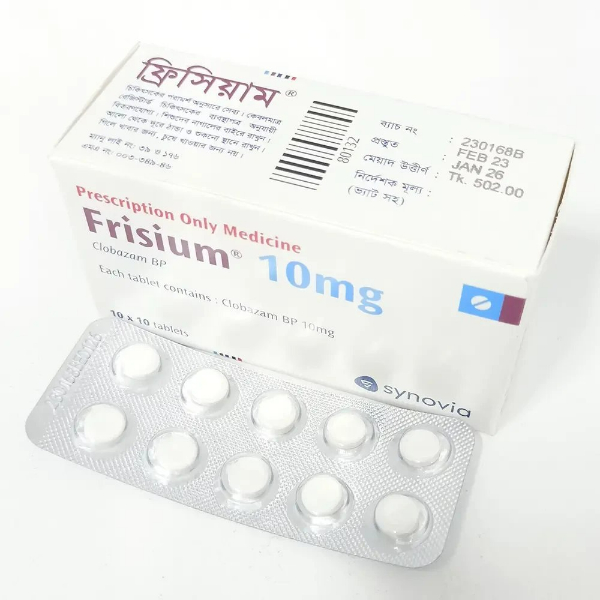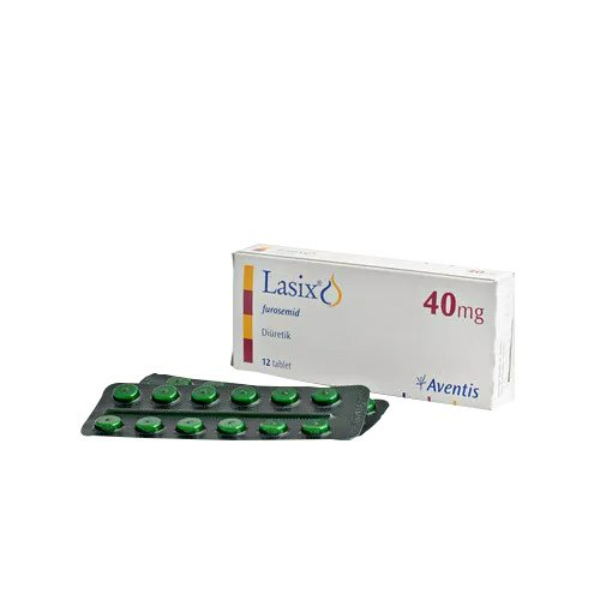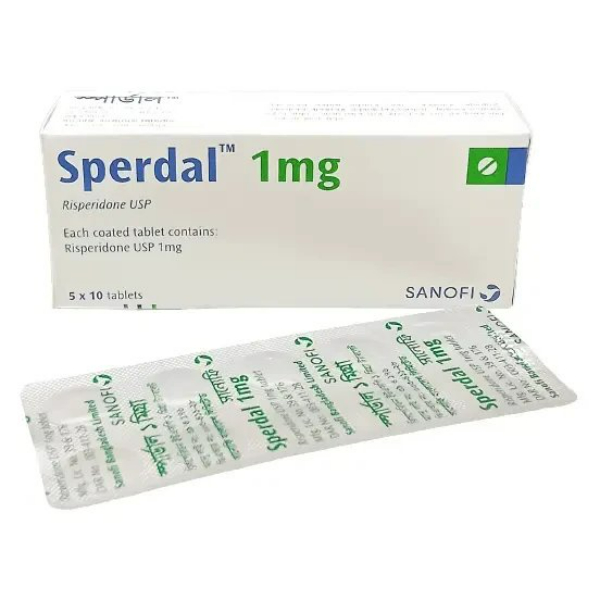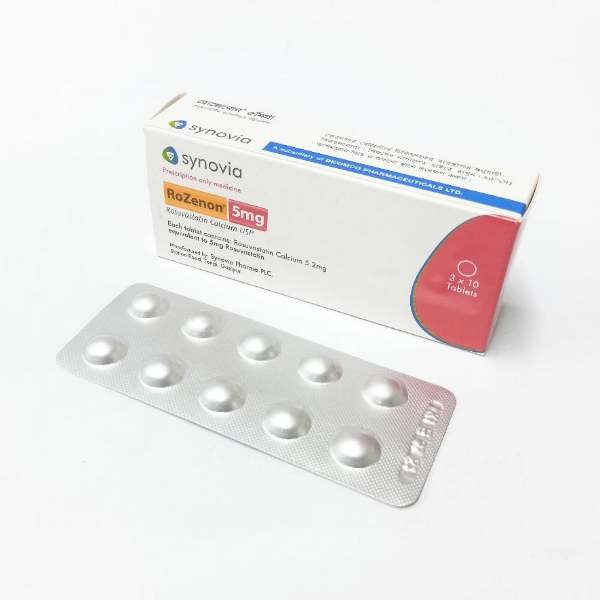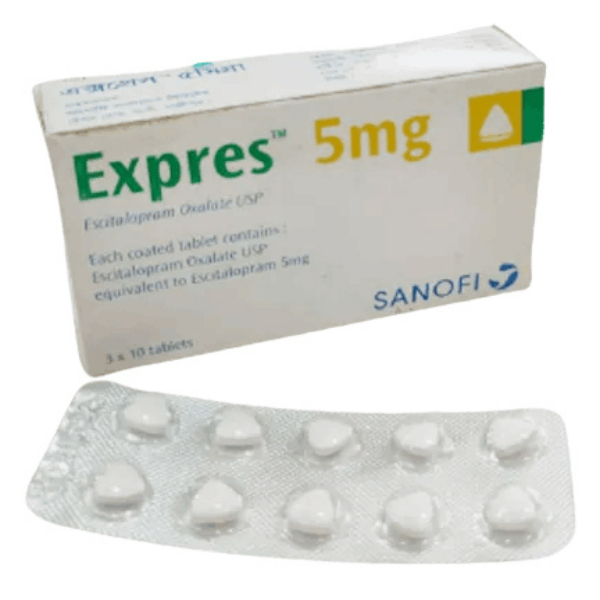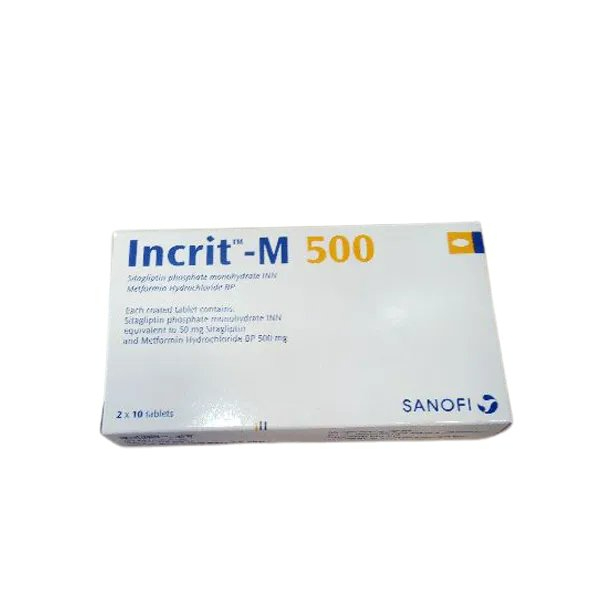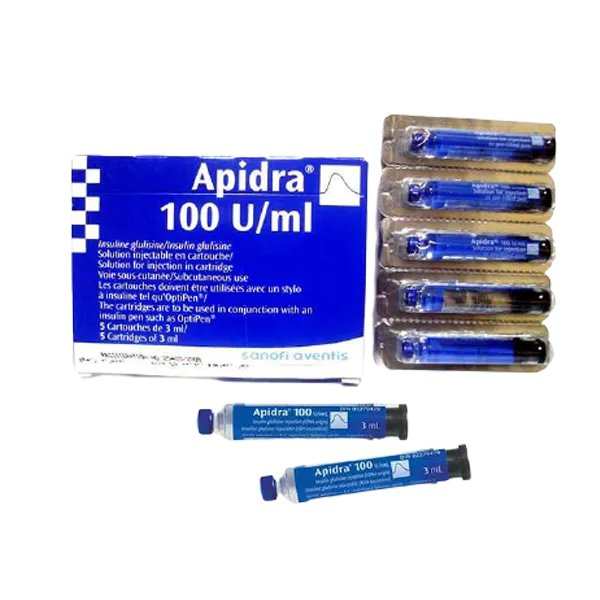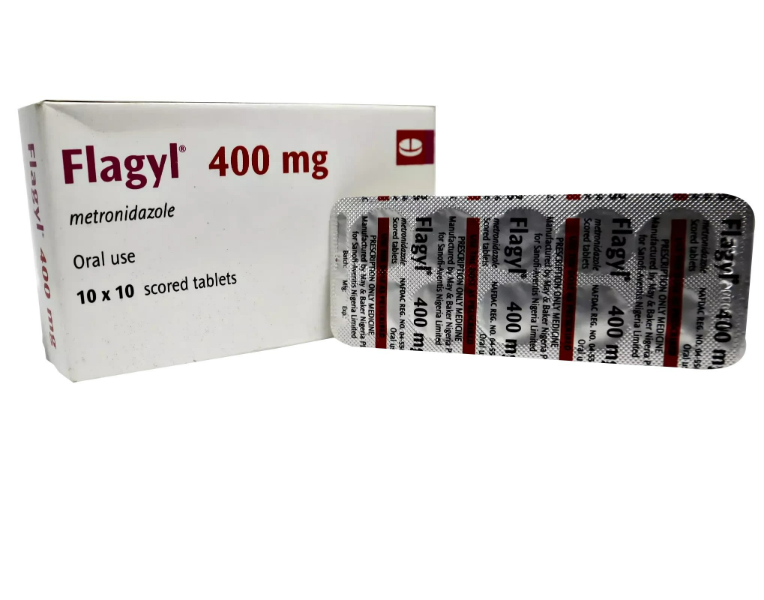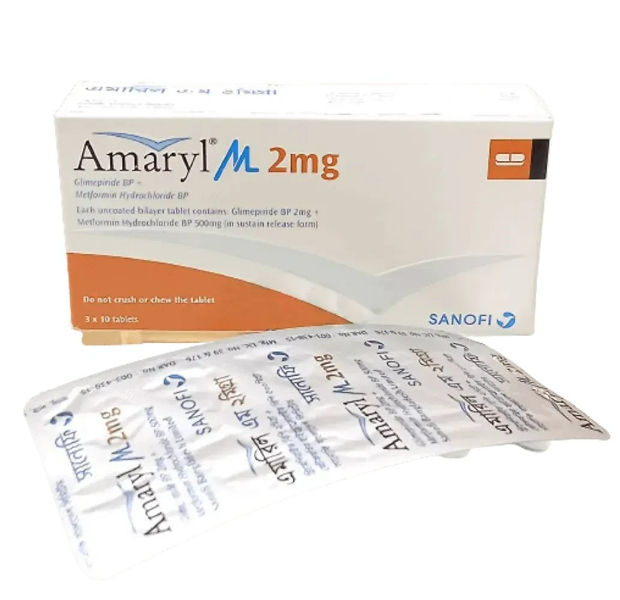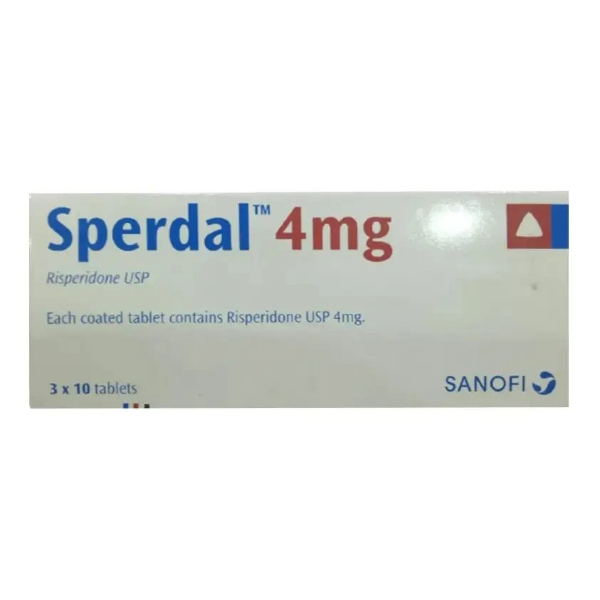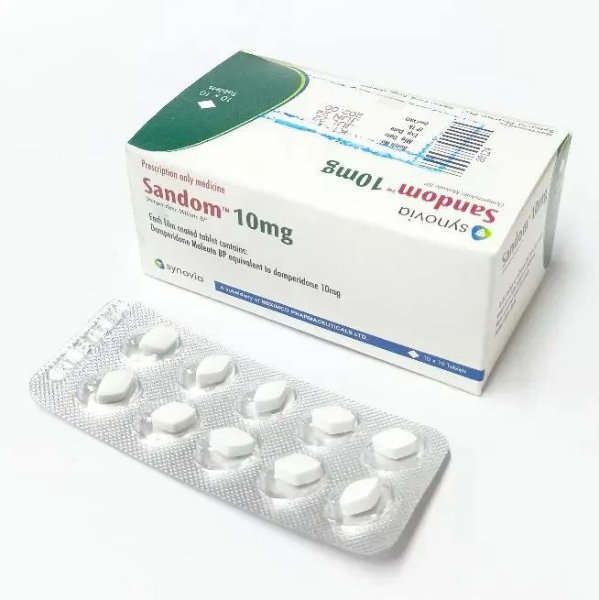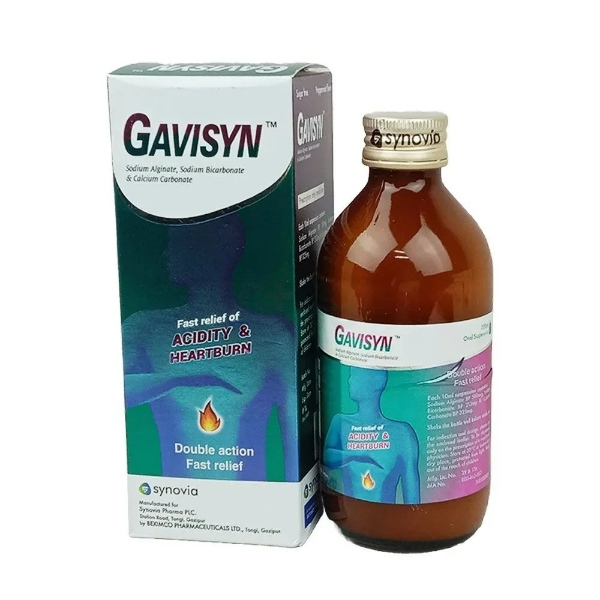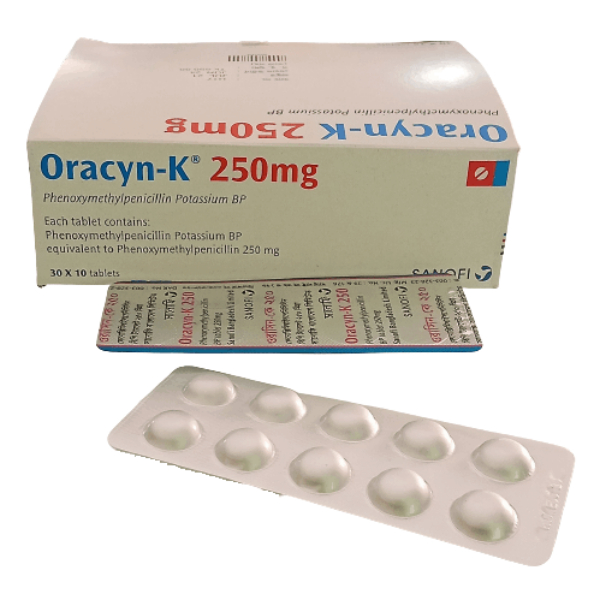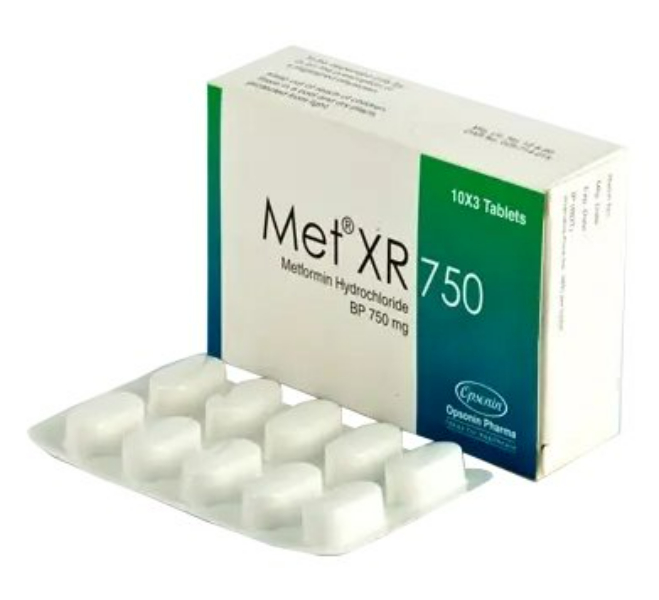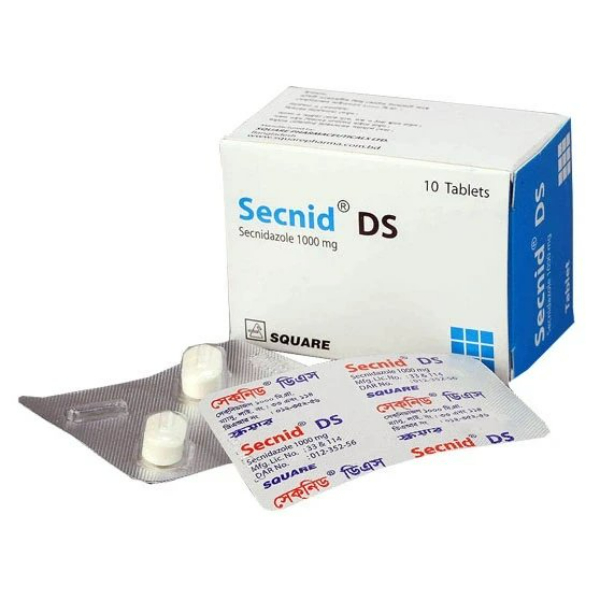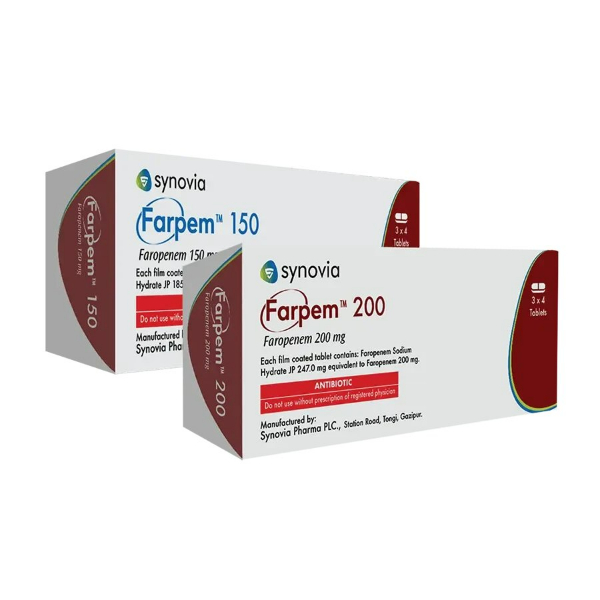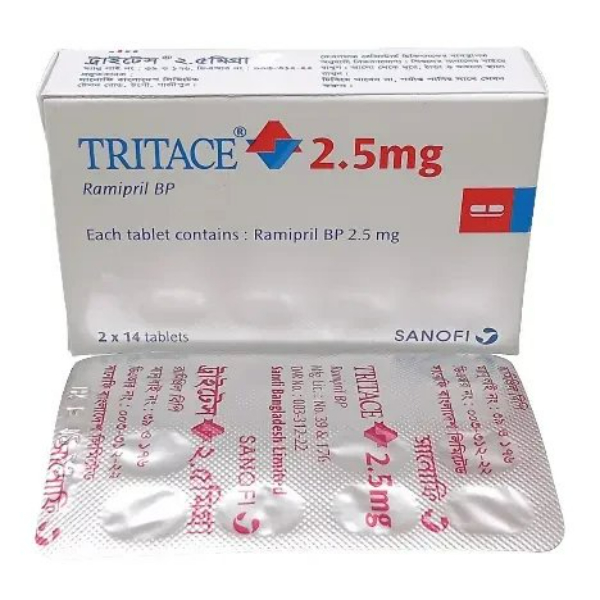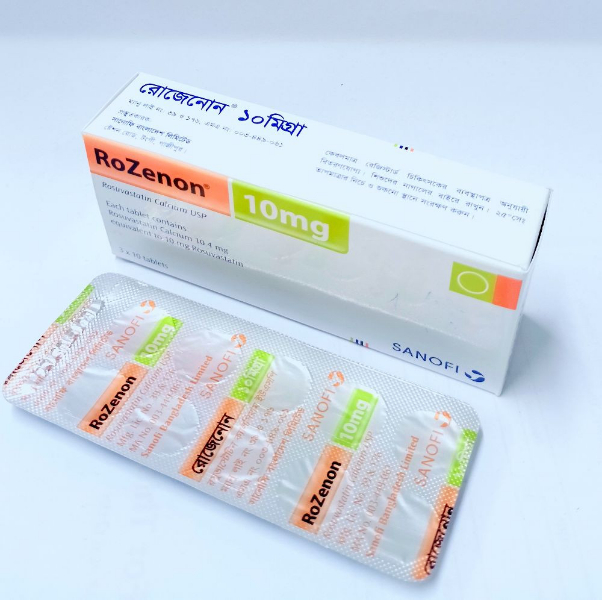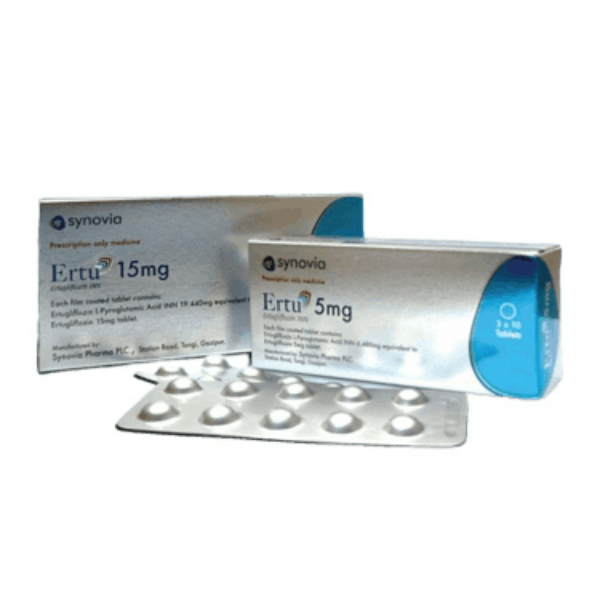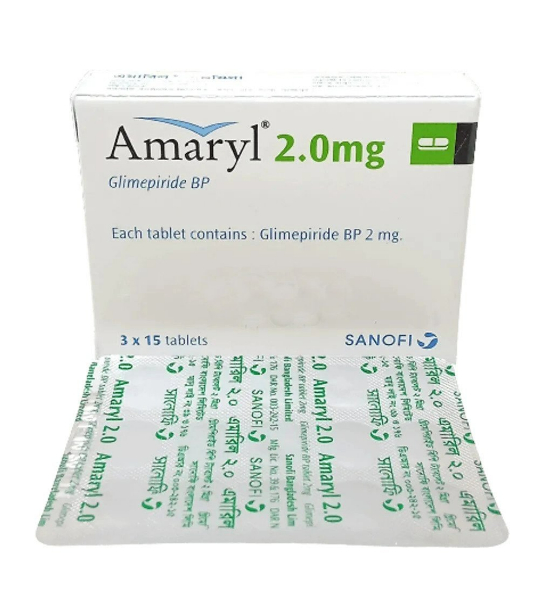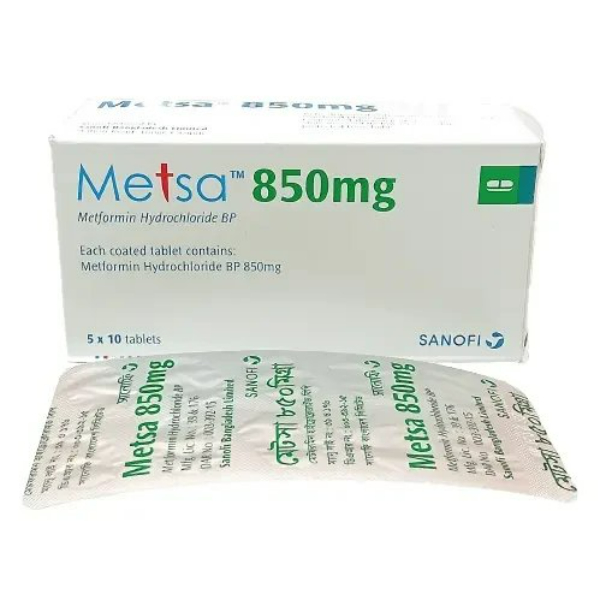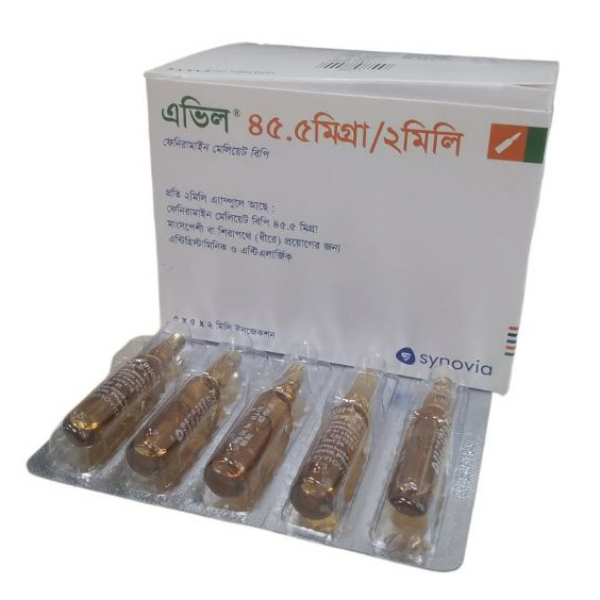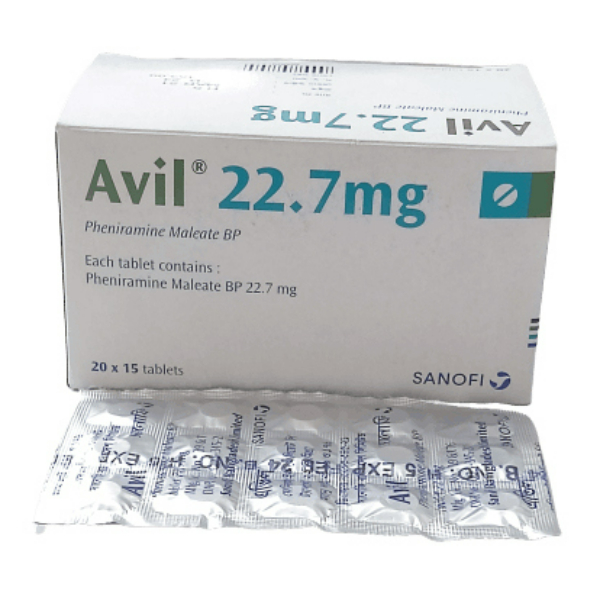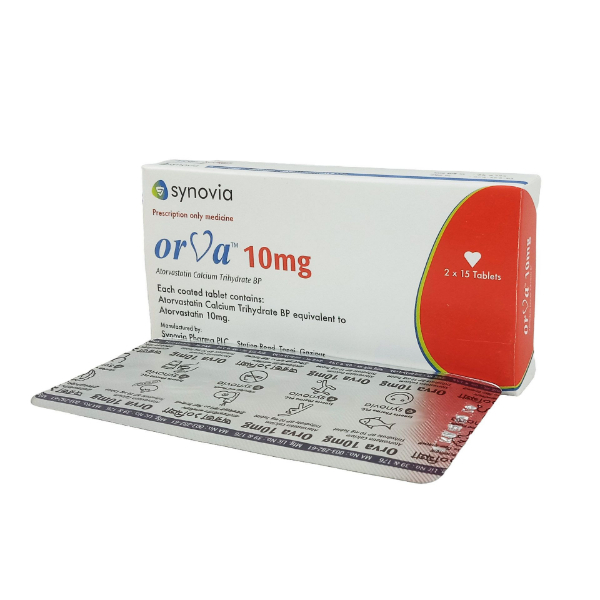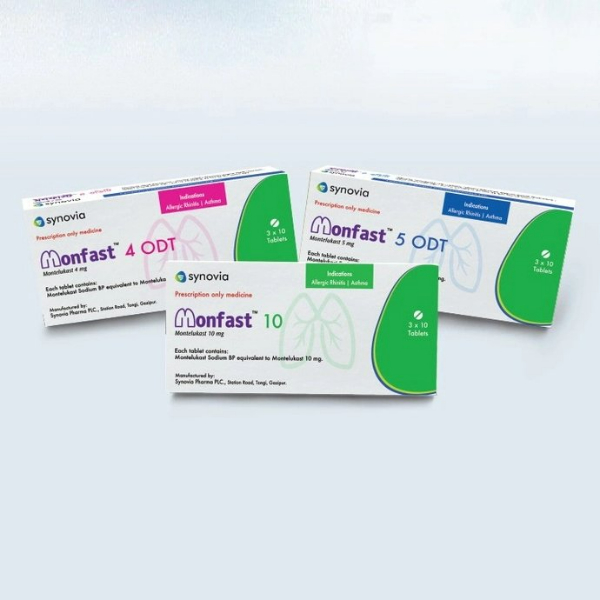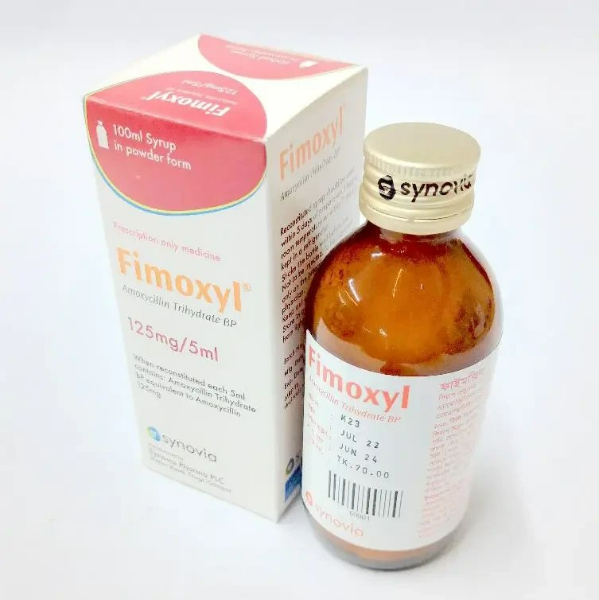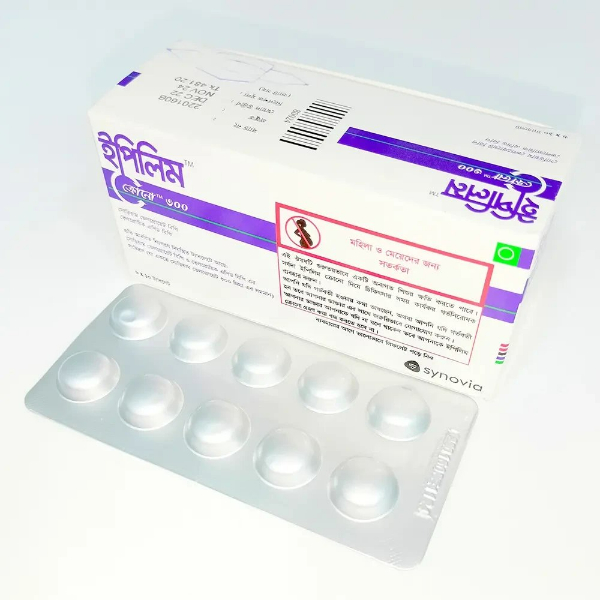Description
•
পরামর্শ মোতাবেক ঔষধ সেবন করুন
Indications:
-
Type 2 diabetes mellitus (non-insulin dependent diabetes)
-
Used when blood glucose is not adequately controlled with diet and exercise alone
-
Helps control blood sugar levels and reduce long-term complications such as neuropathy, retinopathy, and nephropathy in diabetics
-
Suitable for patients who require both an insulin secretagogue (glimepiride) and an insulin sensitizer (metformin)
Pharmacology:
Glimepiride, a sulfonylurea, stimulates insulin release from the pancreas and increases insulin sensitivity in tissues, thereby lowering blood glucose levels. Metformin is a biguanide that works by decreasing hepatic glucose production and increasing insulin sensitivity in muscle and adipose tissues. Together, these two medications provide a dual mechanism to control blood sugar effectively in type 2 diabetes.
Dosage & Administration:
-
The usual starting dose is 1 mg of glimepiride and 500 mg of metformin, taken once daily with the first meal of the day.
-
Dosage can be gradually increased depending on blood glucose levels, but the maximum dose should not exceed 4 mg of glimepiride and 2000 mg of metformin per day.
-
Take the medication with food to reduce the risk of stomach upset.
-
Always follow the prescribed dosage and monitor blood glucose regularly.
Interaction:
-
Increased Effect: Alcohol, other antidiabetic medications, or drugs affecting liver enzymes can increase the blood-sugar-lowering effect of Amaryl M.
-
Decreased Effect: Certain diuretics, corticosteroids, and beta-blockers may reduce its effectiveness.
-
Metformin-related Interactions: Be cautious when combining with other drugs that affect kidney function, as metformin can accumulate and lead to lactic acidosis in patients with kidney dysfunction.
Contraindications:
-
Hypersensitivity to glimepiride, metformin, or any components of the medication
-
Type 1 diabetes mellitus (insulin-dependent diabetes)
-
Diabetic ketoacidosis
-
Severe liver or kidney disease
-
History of lactic acidosis
-
Pregnancy and breastfeeding (unless specifically prescribed by a healthcare provider)
Side Effects:
-
Most common side effects include:
-
Hypoglycemia (low blood sugar)
-
Gastrointestinal upset (nausea, vomiting, diarrhea, abdominal discomfort)
-
Weight gain
-
-
Rare side effects include:
-
Lactic acidosis (due to metformin)
-
Skin rashes or allergic reactions
-
Liver dysfunction (evidenced by jaundice)
-
Blood disorders such as anemia or low white blood cell count
-
Pregnancy & Lactation:
-
Pregnancy: Not recommended during pregnancy, as insulin is generally preferred for managing diabetes during pregnancy.
-
Lactation: Not recommended during breastfeeding, as both glimepiride and metformin may pass into breast milk. Consult your doctor before using.
Therapeutic Class:
Combination Oral Hypoglycemic Agents, Sulfonylureas and Biguanides
Storage Conditions:
-
Store at room temperature (15°C to 30°C).
-
Keep away from light, heat, and moisture.
-
Keep out of the reach of children.

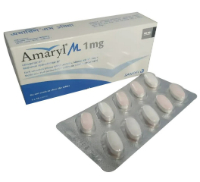
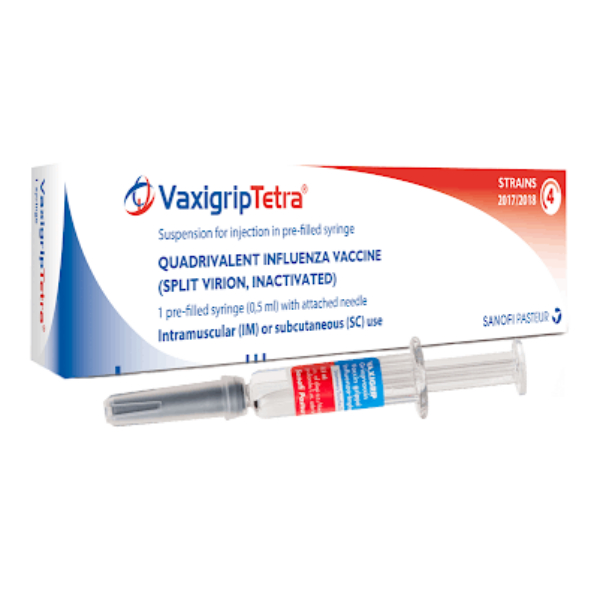
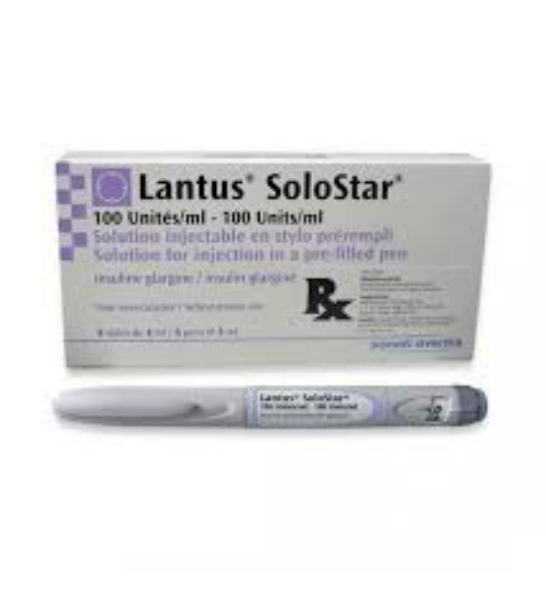


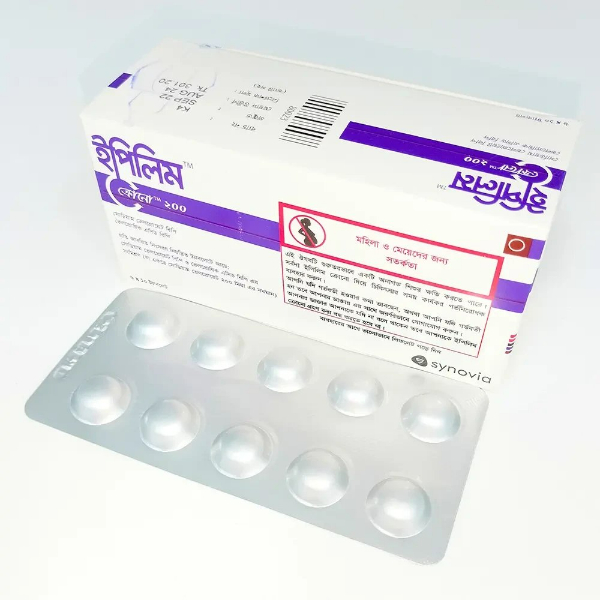
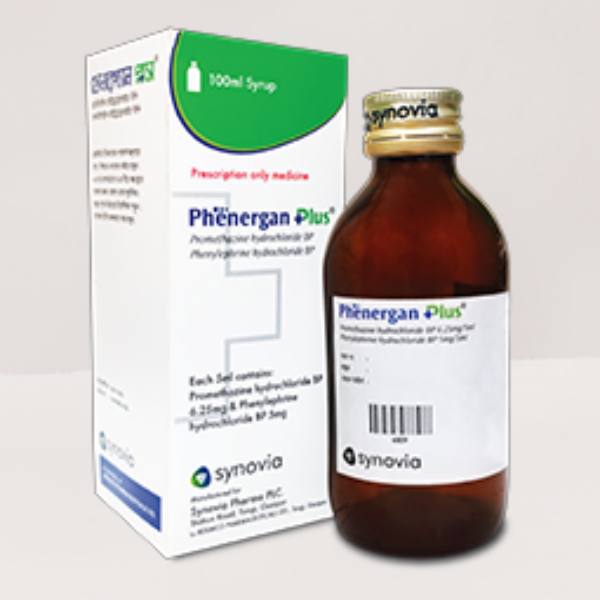
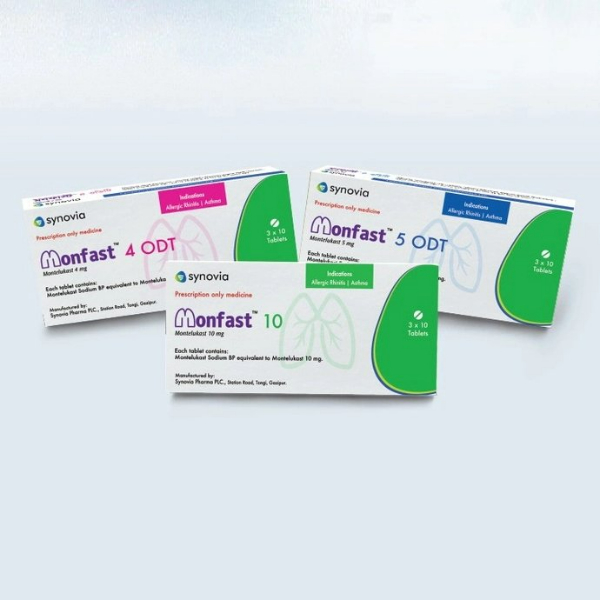
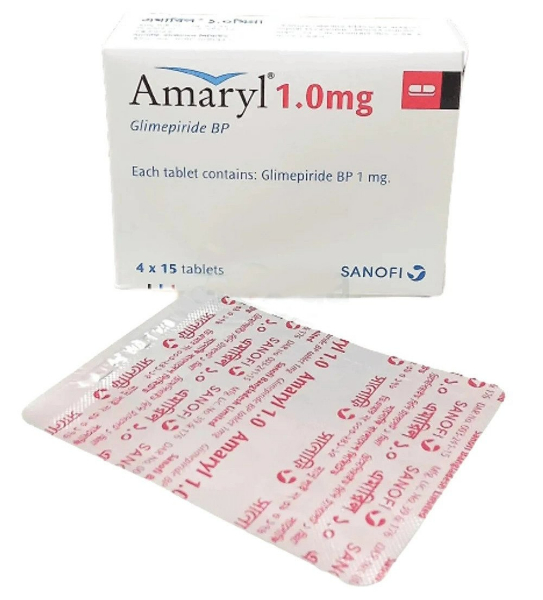
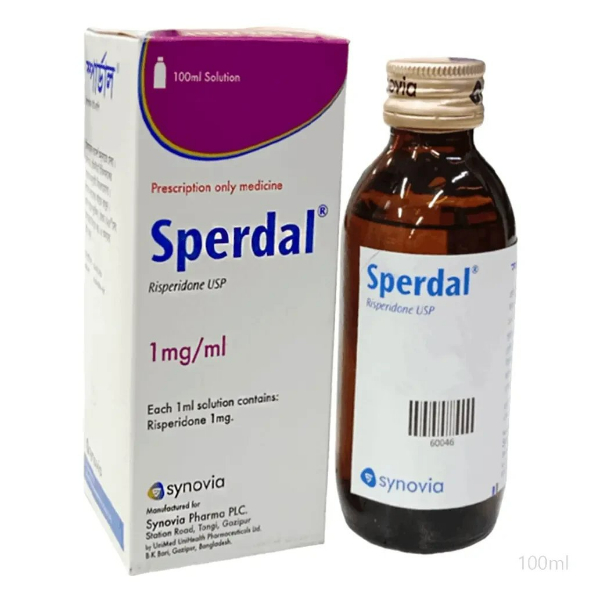

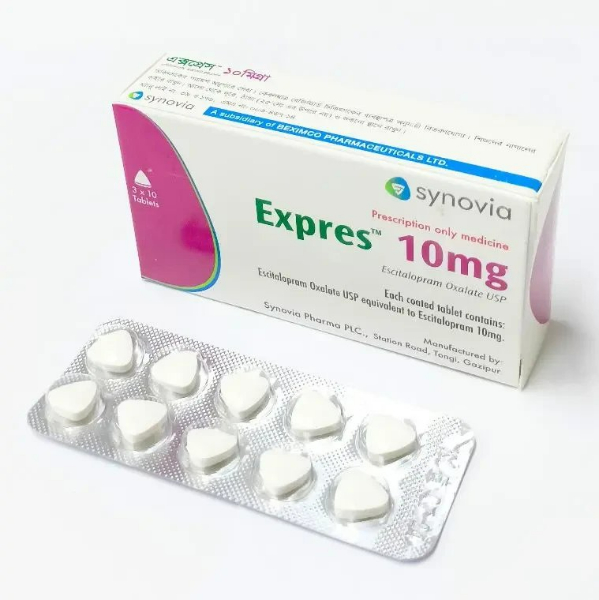

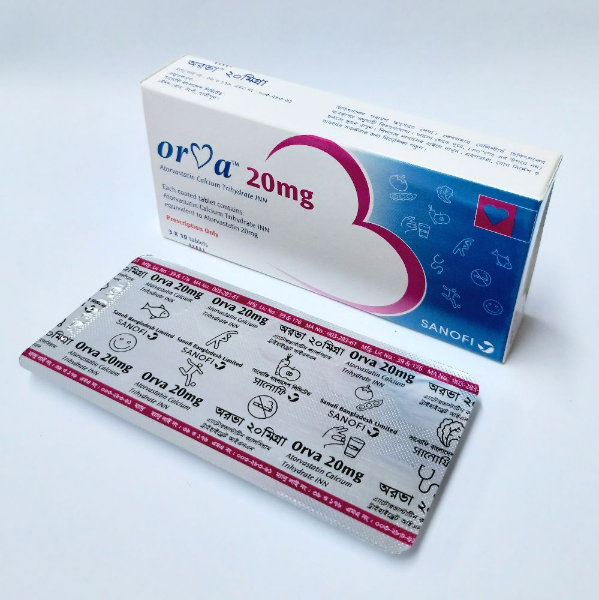
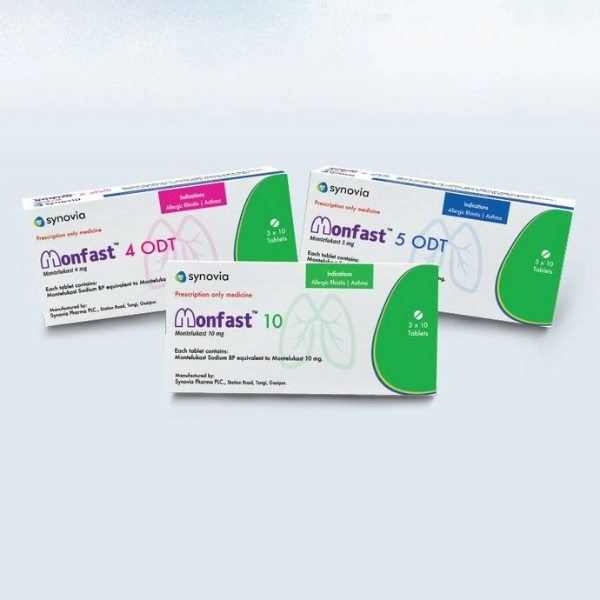
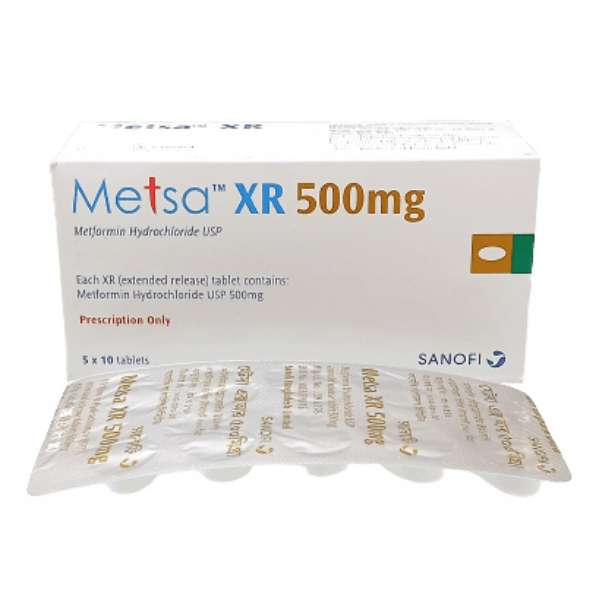
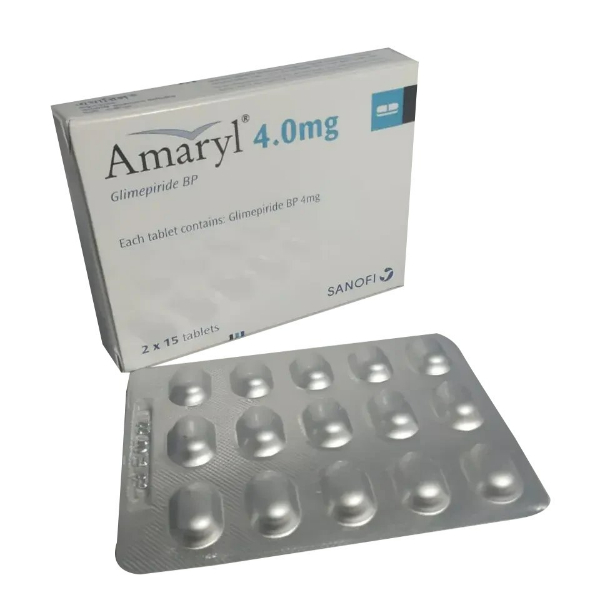
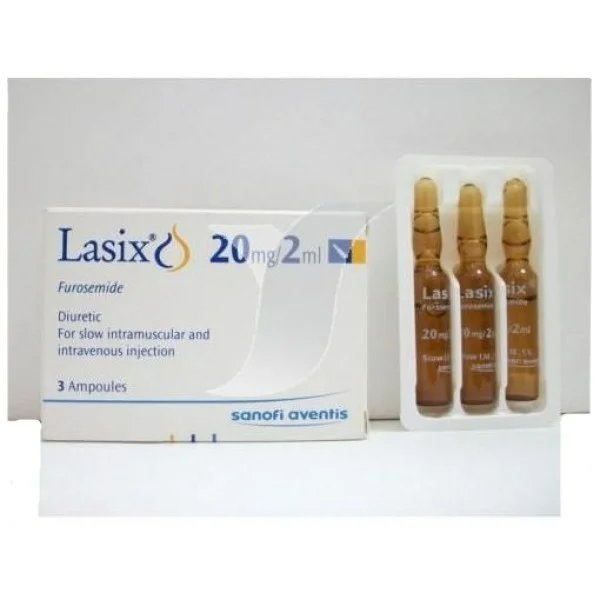
.jpg)


